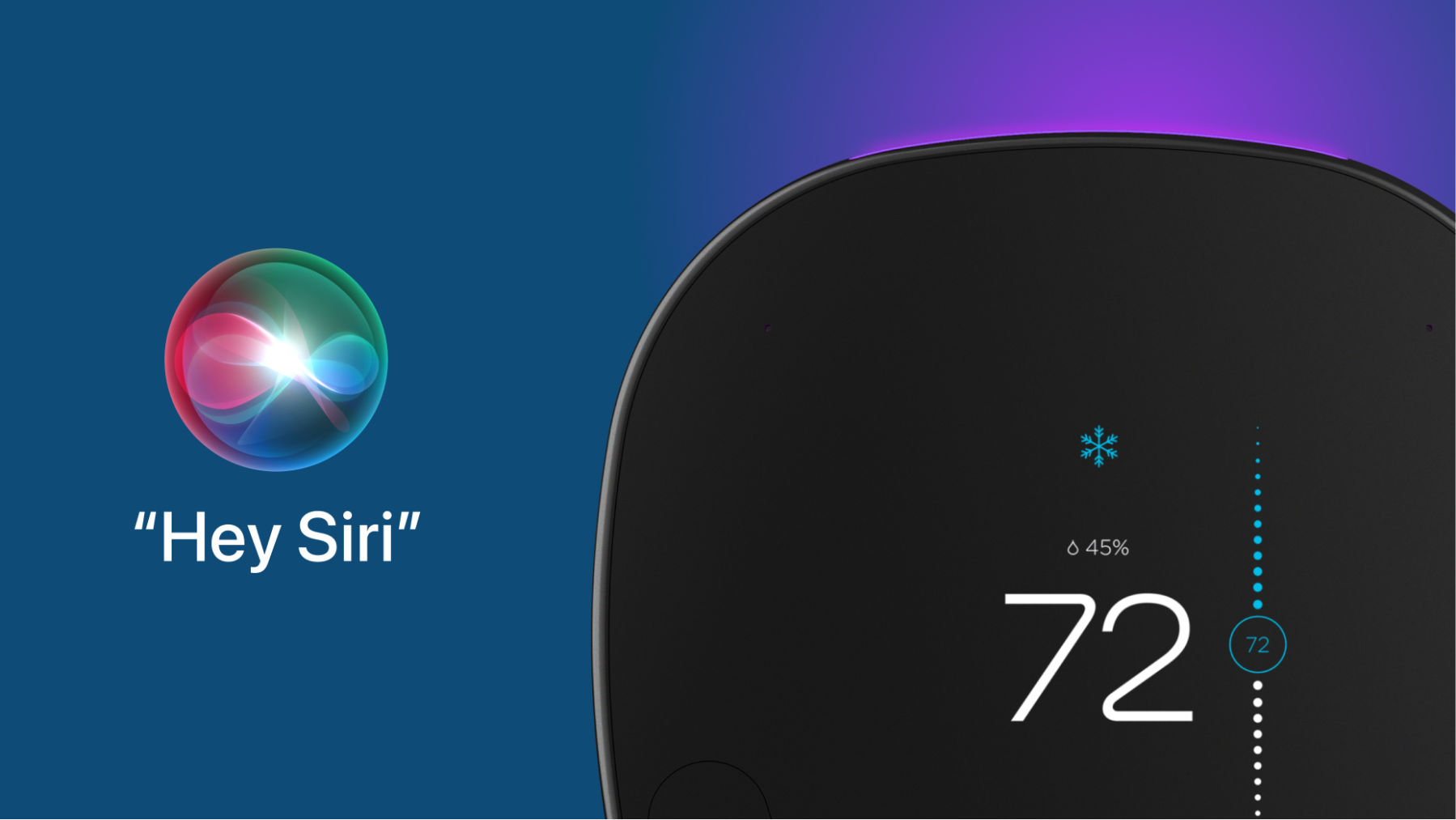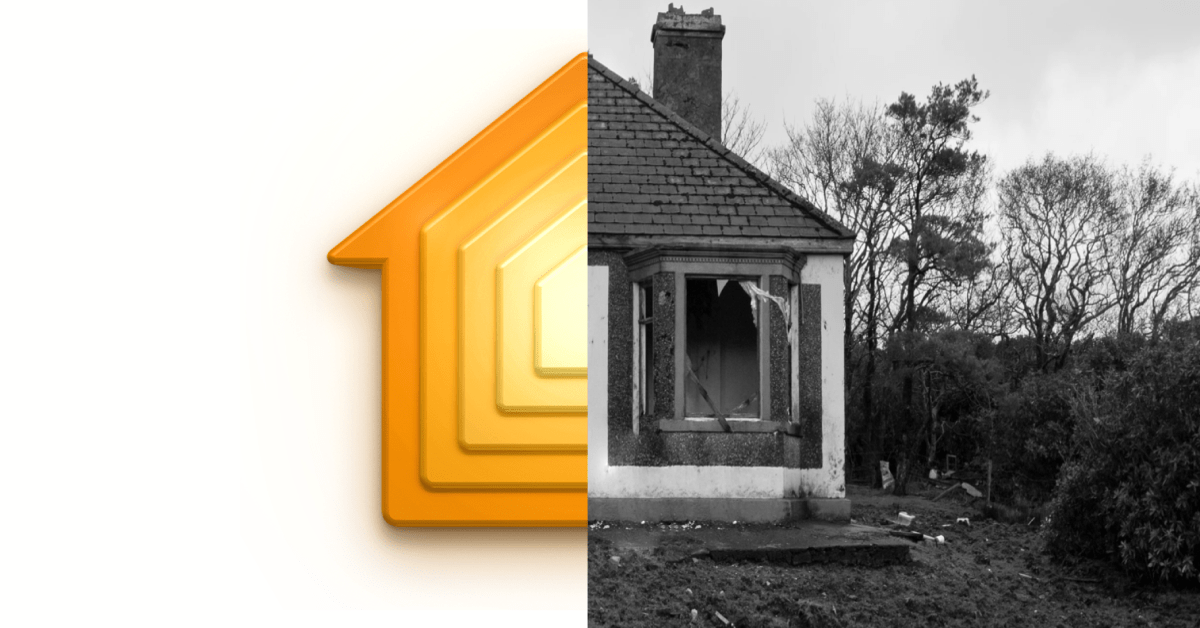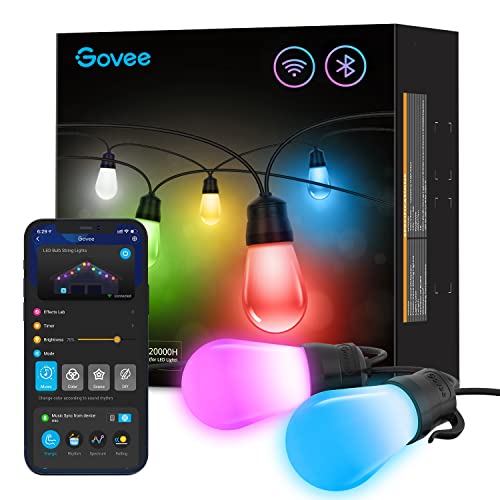In July 1982, industry pioneer Alan Kay said, "People who are really serious about software should create their own hardware." In January 2007, Steve Jobs used this quote to define his vision for Apple and the iPhone in particular. Over the past decade, Tim Cook has reiterated this belief that Apple is the best when it comes to hardware, software and now services. So why not apply that philosophy to everything I do? Let's talk about this.
Four key areas to govern
There are currently four key areas of a person's life that technology companies want to take over. Home, work, car and gym. When you take these areas and apply them to Apple's product strategy, you can see some obvious connections. Mac and iPhone govern the workplace. Apple Watch and AirPods own the gym. Then you take the car and the house, two places where the current situation does not really gather.
Apple's strategy for the car and home is to create a single core piece of hardware and then license some technologies to manufacturers in those other fields to write the rest of the story. It's so flawlessly non-Apple that it drove me crazy for the last few years. We now know that Apple is working to rectify their car strategy, finally building their own car from scratch. It's still a long way off, but hopefully, when all is said and done, we'll have the first car that integrates seamlessly into our digital lives in a way we haven't done before.
But in the house? What could Apple do to make home automation easier than ever? They are already making the speaker and the TV box. So what parts of the story are missing? The answer is clear and obvious. They should create their own light bulbs, switches, sockets, locks, cameras and routers.
Google and Amazon are ahead
I am constantly asked by friends and family "what should I get to make my house smart?" I never know how to answer. Sure, I can tell them to only buy things that have the HomeKit sticker on them. But I cannot guarantee their quality or reliability. It is a licensing program that any manufacturer can join. I've repeatedly recommended that someone try Amazon's Alexa ecosystem, because it makes many of the products you need to get things done quickly and efficiently. Amazon makes its own thermostat, its own plugs, its own rooms, damn it, they even make their own soap dispenser. Their ecosystem is better than Apple's at the moment, but Apple wouldn't be difficult to usurp them with a much stronger range of offerings.

Your regular consumer will have no idea where to start if they decide to try to automate their house or apartment. Entering any gadget retailer, be it Best Buy or Apple Store, will not have a clear and concise answer for anyone. There is no de facto option in any of these categories. The most popular home automation accessories right now, Ring cameras, don't even work with HomeKit. It doesn't work with Google Home either, so Google has made its own competitor. They made new cameras for nest doors, intended for exactly the same audience. Of course, Google doesn't make all the necessary accessories, but I wouldn't be surprised if they go that way soon.
Why Apple brand automation?
Apple needs to create its own accessories to give HomeKit the boost it needs. For HomeKit to be a success, the company needs to give consumers the best clear choice that they know will only work when they get home and connect it. There must be accessories produced by Apple that integrate with an application made by Apple that can be controlled by speakers produced by Apple.
When a customer walks into an Apple store to buy a HomePod, they should be able to easily understand the HomeKit. With Apple accessories, it would be more likely to come out of the store with a handful of automation tools in addition to a HomePod. And imagine how simple the pairing process could be. With its own Apple hardware and custom silicon, the company could build light bulbs that work just like AirPods. Screw it into a lamp and one way it flies on the iPhone. With a touch, it can be connected to the network and added to your home.

At this point, everything in the Home app is done by another manufacturer. Nothing ever works right. Devices don't always speak correctly to each other, and you need to rely on those manufacturers for software updates and compatibility.
Imagine if all this would talk to each other without problems. Everyone could have an Apple-designed micro computer inside with a U1 chip, so everyone knows they're nearby and an H1 chip to easily talk to basic Apple devices. Of course, this would probably increase the prices of these products, but in your home you should want something reliable and robust. You want things that can last.
Extending Siri's footprint
This year, Apple introduced the ability of HomeKit device manufacturers to integrate more closely with Siri. This means that products such as the Ecobee thermostat can actually accept Siri requests and commands using their built-in microphones.
Apple's current home ecosystem only provides physical controls through the app on your base devices. There is no option to buy a smart screen that can act as a kind of hub. So with this new ability to put Siri on almost any device, why not put a microphone in each of these HomeKit products designed by Apple?

Siri could really become a home environment and can work from almost any corner of your living space. If your light bulbs, plugs, cameras, routers, and more had microphones with built-in Siri support, you shouldn't even think about the device you're requesting. This is especially true when Apple-designed computers inside each accessory can easily talk to each other. The information could be displayed via the appropriate device, even if the request goes to one without a display or speaker.
Like the HomePod, you can turn off the microphones on each of these devices if you want through the Home app. There should be some kind of smart implementation here that gets privacy, whether it's building Siri to work locally with all these accessories, without having to constantly access the internet or some kind of new portal to access a story. of Siri things. heard.
Environmental impact
Today, Apple products are, in many cases, made from recycled materials. All these accessories could be the same. You may know that they are safe and good for the environment. And at the end of the life cycle, Apple could take them back and use those materials to make the next generation of accessories.
Home automation devices are fairly new and we have not fully seen what kind of impact they will have on the environment in the future. Computers eventually die, it's just part of their life cycle. Many people have not fully assessed the consequences of putting a computer in everything around them.

These little pieces of computer hardware that are meant to replace the things that need to exist in every home will become more and more important. They are one of the next battlegrounds for the technology giants. But Apple could take a unique approach and use its goodwill and convenience to both run that space and improve it.
Conclusion
Apple no longer exists in a world where it can afford to make only a handful of products. We know that they have learned this to some extent, being forced to expand their basics and offer products at almost any price. But this is different. They immerse their toes in a category for too long and fail to take the complete step.
If he wants to win in these new categories, he must follow his own philosophy of creating the whole widget. HomePod mini is not much of a home controller if its accessories are mediocre at best, that is, if someone even buys one.
Header image credit: Unsplash
FTC: We use revenue-generating car affiliate links. More.

Check out 9to5Mac on YouTube for more Apple news:





